- Your cart is empty
- Continue Shopping
Product
What is CPAP Machine? CPAP (continuous positive airway pressure) Machine is a machine that uses mild air pressure to keep breathing airways open while you sleep. Your healthcare provider may prescribe CPAP to treat sleep-related breathing disorders including sleep apnea.
CPAP machine uses a hose connected to a mask or nosepiece to deliver constant and steady air pressure to help you breathe while you sleep.
Common problems with CPAP include a leaky mask, trouble falling asleep, a stuffy nose and a dry mouth.
Only logged in customers who have purchased this product may leave a review.


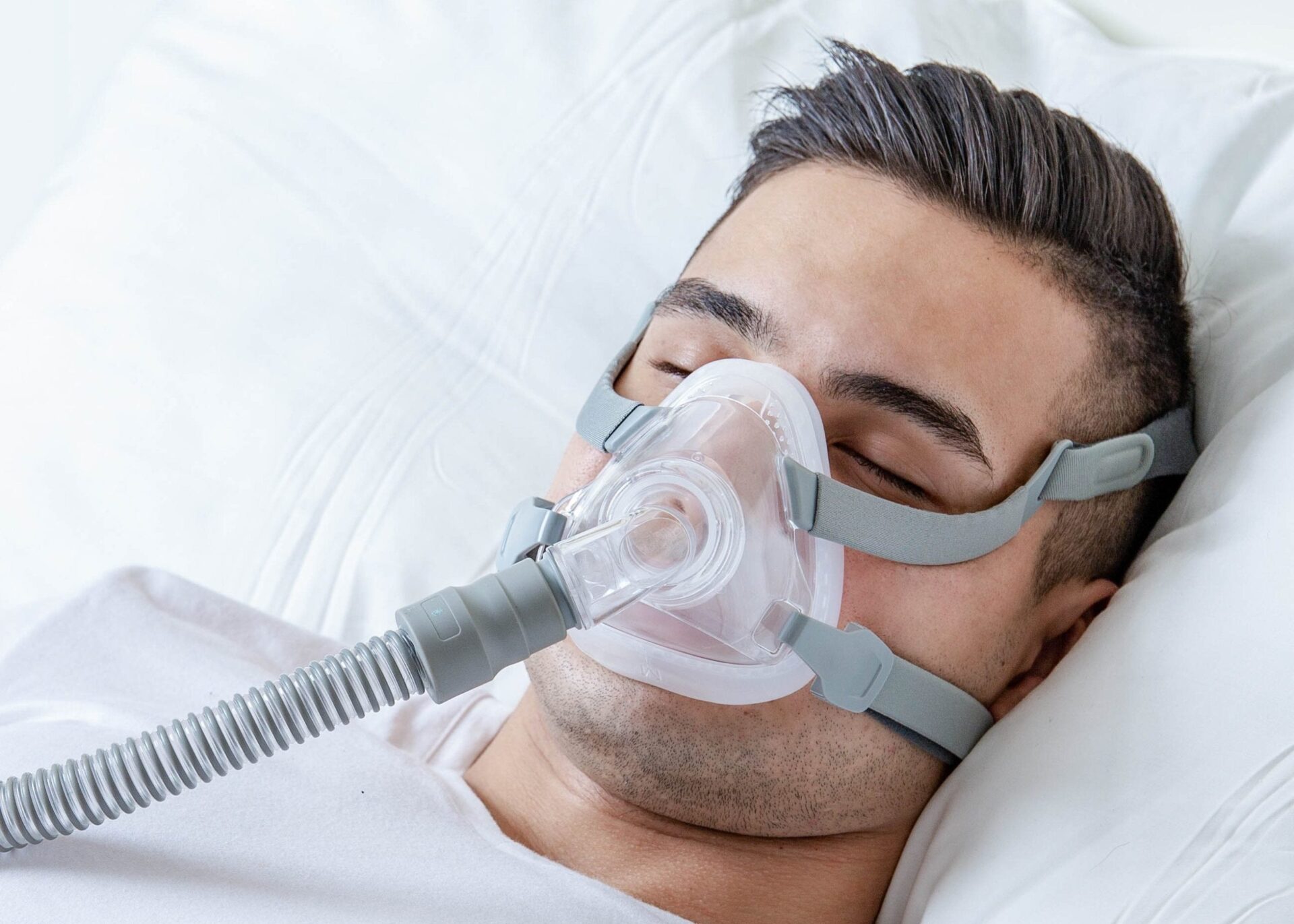
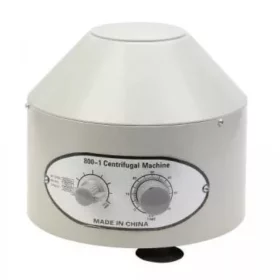
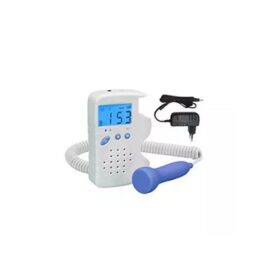

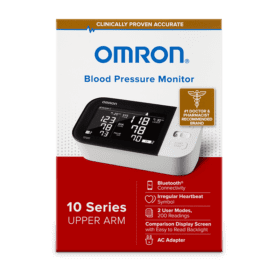
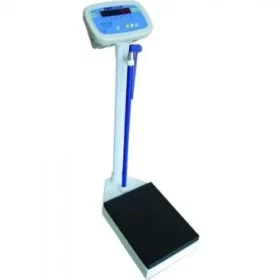
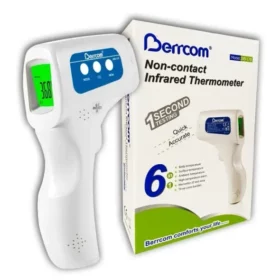


Reviews
There are no reviews yet.